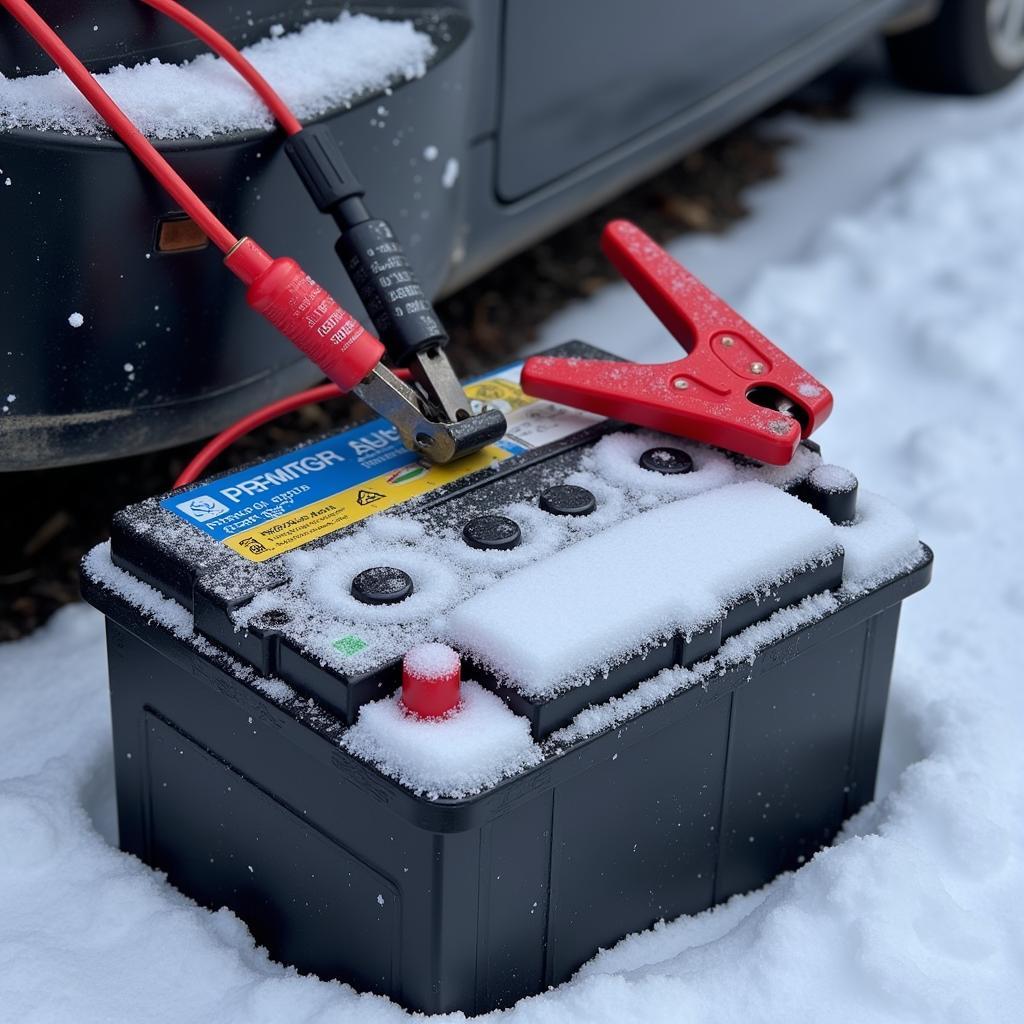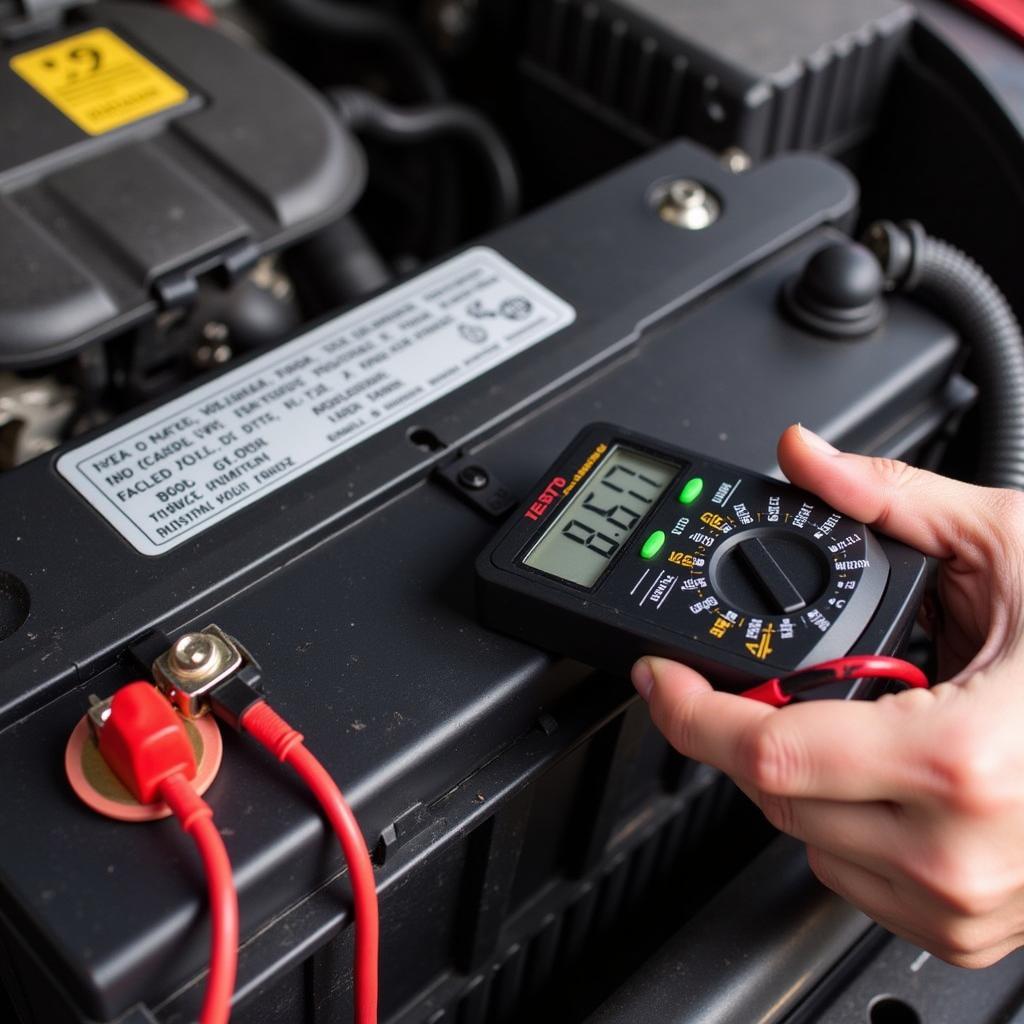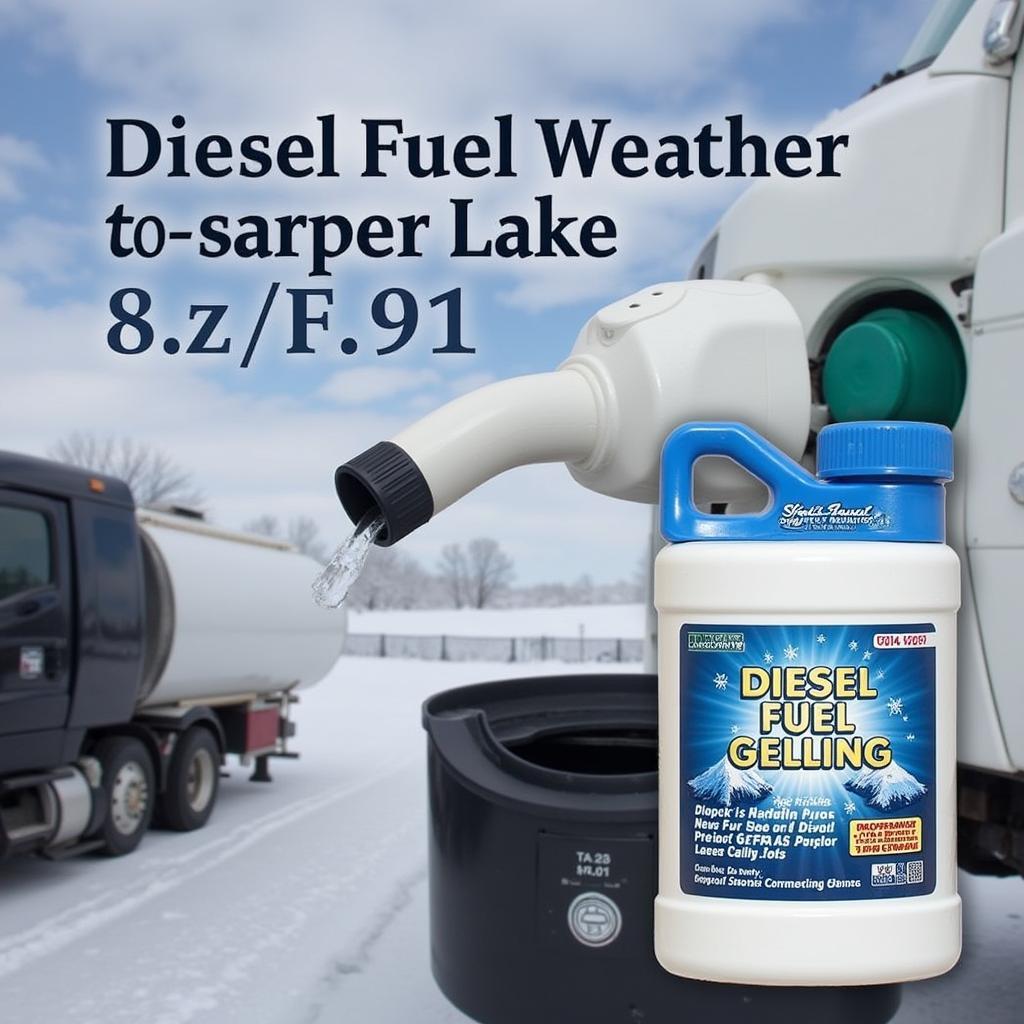Experiencing problems starting your car on a cold morning? You’re not alone. This is a common issue, and understanding the potential causes can help you troubleshoot and get back on the road quickly. This article will delve into the common reasons why your car might be struggling to start in cold weather, offering practical solutions and maintenance tips.
Why is My Car Hard to Start When Cold?
Cold temperatures can significantly impact your car’s ability to start. Several factors contribute to this, from thicker engine oil to weakened batteries. When the temperature drops, the chemical reactions within your car battery slow down, reducing its cranking power. Simultaneously, the engine oil thickens, making it harder for the engine to turn over. These combined challenges can make starting your car a real struggle. Similar to car has problems starting when cold, other factors can contribute to this frustrating issue.
The Battery’s Role in Cold Start Problems
The battery is often the primary culprit in cold start problems. As mentioned earlier, cold temperatures reduce battery performance. Over time, batteries also degrade, losing their ability to hold a charge. A weak battery might be sufficient for starting in warmer weather but struggles in the cold. Testing your battery regularly and replacing it when necessary can prevent many cold-start headaches.
 Car Battery Struggling in Cold Weather
Car Battery Struggling in Cold Weather
Fuel System Issues and Cold Starts
Another potential cause of cold start problems lies within the fuel system. In some cases, fuel can gel in extremely cold temperatures, blocking fuel lines and preventing the engine from receiving the fuel it needs to start. This is more common with diesel engines. Additionally, a faulty fuel pump or clogged fuel filter can exacerbate cold start issues.
Engine Oil Viscosity and Cold Temperatures
As temperatures decrease, engine oil becomes thicker, increasing the resistance the starter motor must overcome to crank the engine. Using the correct oil viscosity recommended for your vehicle and climate is crucial. Using thicker oil than recommended can worsen cold start problems. This relates closely to car has problems starting in cold weather, highlighting the importance of proper oil viscosity.
 Engine Oil Viscosity in Cold Weather
Engine Oil Viscosity in Cold Weather
How to Troubleshoot Problems Starting Car From Cold Start
If you’re experiencing problems starting your car from cold start, there are several steps you can take to diagnose the problem. First, check your battery. If it’s old or weak, consider replacing it. Next, inspect your spark plugs and ignition system. Worn spark plugs or a faulty ignition coil can hinder starting. For those encountering similar issues with their ignition, car ignition starter problem offers helpful insights.
Checking Your Car’s Battery
A simple multimeter can be used to check your battery’s voltage. A fully charged battery should read around 12.6 volts. A lower reading indicates a weak battery. This is a crucial first step in troubleshooting Problems Starting Car From Cold Start.
“A good battery is essential for reliable cold starts,” says automotive expert John Smith, ASE Certified Master Technician. “Regularly testing your battery and replacing it every few years can save you a lot of frustration on cold mornings.”
 Testing Car Battery Voltage with Multimeter
Testing Car Battery Voltage with Multimeter
Inspecting Your Car’s Spark Plugs
Worn spark plugs can make it difficult for the engine to ignite the fuel-air mixture, especially in cold weather. Inspecting your spark plugs for signs of wear and tear, such as excessive carbon buildup or erosion, is a good preventative measure. This phenomenon has similarities with problems starting car in cold weather, which delves into the various factors affecting cold starts.
Addressing Fuel System Concerns
For diesel engines, consider using a fuel additive designed to prevent gelling in cold temperatures. This is particularly important in regions that experience extreme cold. If you suspect a faulty fuel pump or clogged fuel filter, consult a qualified mechanic. This is a key step, especially for those experiencing problems starting diesel car in cold weather.
“Using the right fuel additive can make a world of difference for diesel engines in cold climates,” advises automotive specialist Maria Garcia, certified diesel mechanic. “It can prevent fuel gelling and ensure smooth starts even in sub-zero temperatures.”
 Diesel Fuel Additive for Cold Weather
Diesel Fuel Additive for Cold Weather
Conclusion
Problems starting your car from cold start can be frustrating, but by understanding the common causes and following these troubleshooting tips, you can often identify and resolve the issue yourself. Regular maintenance, such as battery testing and spark plug replacement, can also prevent many cold start problems. Remember to use the recommended oil viscosity for your vehicle and climate. For further assistance or more complex issues, contact us at AutoTipPro at +1 (641) 206-8880 or visit our office at 500 N St Mary’s St, San Antonio, TX 78205, United States.




Leave a Reply